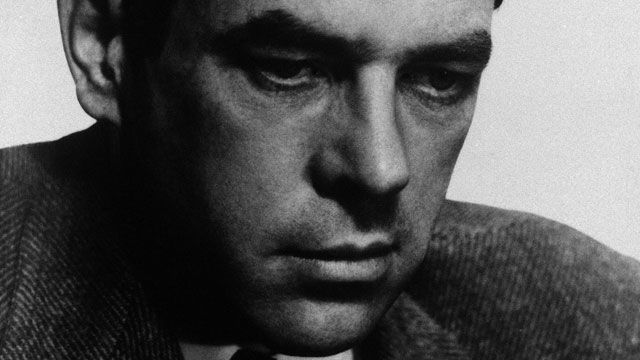Joseph Campbell (1904-1987), was an American author, editor, and teacher whose work on comparative mythology and folklore examined the universality of recurring myths in human culture. The author of more than 40 books, including The Hero With a Thousand Faces (1949) and the four-volume Masks of God (1959-67), Campbell is considered one of the foremost interpreters of sacred tradition in modern times.
Campbell’s 1987 conversations with Bill Moyers for Joseph Campbell and The Power of Myth are widely recognized as a seminal guide to understanding mythology’s role in both past and contemporary life. Campbell’s work also played a strong influential role in the narrative development of George Lucas’ Star Wars franchise.
As a boy, Campbell was fascinated by Native American artifacts and attributed his interest in mythology to early visits to the American Museum of Natural History and Buffalo Bill’s Wild West exhibition. Campbell later became fascinated by universal patterns that are the essence of, and common to, heroic tales in every culture. Campbell brought those mythical themes to comparative literature.
A professor of literature at Sarah Lawrence College for nearly four decades, Campbell’s body of work also includes Fairy Tales: Folkloristic Commentary (1944), The Flight of the Wild Gander (1969), The Mythic Image (1975) and The Inner Reaches of Outer Space (1986). He also co-authored A Skeleton Key to Finnegans Wake, an in-depth analysis of James Joyce’s final novel, and Where the Two Came to Their Father, an essay comparing the hero of American Indian folklore with the hero as understood in other cultures.
Renowned for his work, Joseph Campbell was awarded the 1985 National Arts Club Gold Medal of Honor in Literature.

